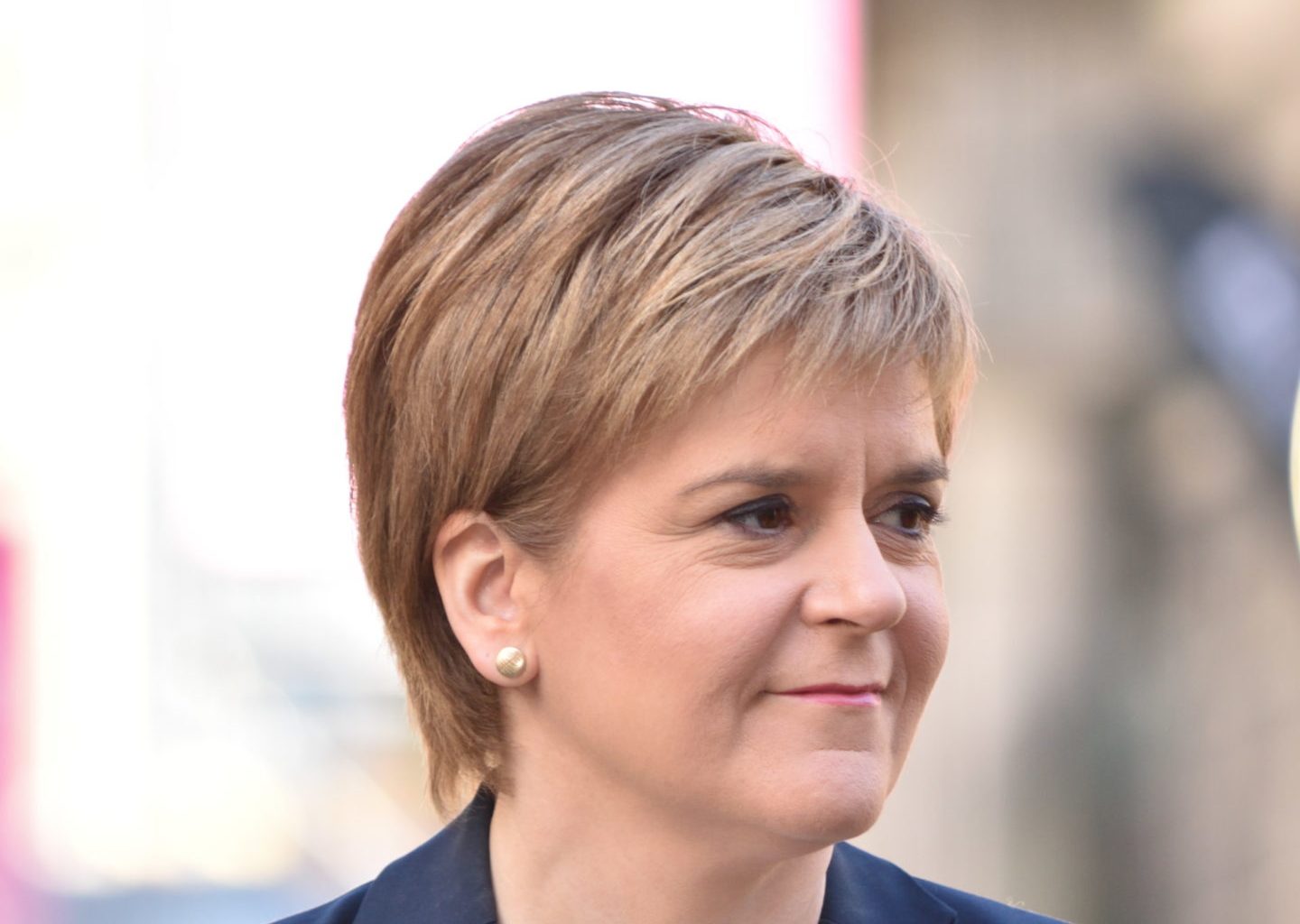Scotland’s First Minister, Nicola Sturgeon, is to question Police Scotland over its branding of anti-fracking campaigners as “domestic extremists” alongside banned terror groups such as Islamic State and Scottish Dawn, a neo-Nazi group.
The Ferret revealed on 16 September 2018 – in a report published in tandem with the Sunday National – that Police Scotland considers opponents of fracking as potential terrorists. Official documents also disclosed that Police Scotland has been trying to infiltrate communities near the Ineos petrochemical plant at Grangemouth, in order to glean information on people involved with peaceful anti-fracking groups.
The revelations by research group Spinwatch prompted a furious response from anti-fracking groups, who called on the justice committee at the Scottish Parliament to ask Police Scotland to change its approach.
At First Minister’s Questions in the Scottish Parliament, the Scottish Greens raised the issue with Sturgeon, who promised to speak with the Chief Constable of Police Scotland, Iain Livingstone.
Police Scotland said in response that its position would never be to describe peaceful protesters as “domestic extremists”.
Patrick Harvie MSP, Scottish Greens’ co-convener, said that Police Scotland should reverse its decision to give environmental campaigners the same designation reserved for what he called “racist and fascist forces”.
.@patrickharvie asks the First Minister about the rights of fracking campaigners, who have been labelled “domestic extremists” by Police Scotland@NicolaSturgeon says she will always respect the right of people making peaceful protests #FMQs pic.twitter.com/I4EWSlm3M2
— BBC Scotland News (@BBCScotlandNews) September 20, 2018
Citing the story in The Ferret and Sunday National, Harvie called on Sturgeon to work with police to ensure that peaceful protesters are not deemed to be “domestic extremists”.
Harvie said: “Anti-fracking campaigners who exercise their democratic right to protest are heroes. Yet Police Scotland have labelled them domestic extremists. The First Minister urgently needs to clarify when she and her Justice Secretary became aware of this and spell out what actions the government will take to address this.
“We’ve known for years that environmental campaigners, along with peace activists and others, have in the past been spied on or infiltrated by police forces in the UK, including in Scotland, but this statement of current practice is shocking.
“If individuals, campaign groups and communities cannot peacefully campaign on issues that matter in our society without being treated as ‘domestic extremists’, the same category used to describe racist and fascist forces, this strikes at the heart of the relationship between policing and the public – that isn’t a mere operational detail, it’s clearly a political question.
Harvie said he would be joining with people from other political parties to protest against weapons on the Clyde this weekend. “The First Minister must guarantee that campaigners at Faslane on Saturday will not be designated as domestic extremists merely for attending a peaceful rally,” he added.
In reply, Sturgeon said: “Firstly, I absolutely support the right of peaceful democratic protest. I’ve taking part in many, many peaceful democratic protests including at Faslane against nuclear weapons, so I will defend the rights of people (to protest), whether they are protesting against fracking, or nuclear weapons or any other issues, as long as they are peaceful and democratic.”
She added: “I am very happy to ask the Chief Constable to address the point, on behalf of Police Scotland, that Patrick Harvie has raised. But going back to my view, I do not consider people who protest against nuclear weapons or fracking or anything else, in a peaceful and democratic way, to be extremists in any sense.
“I would not expect anybody to consider them to be extremists. Patrick Harvie is absolutely right that peaceful protest is a fundamental part of democracy.”
In reply, Detective Chief Superintendent Gerry McLean said that Police Scotland supports the public’s right to protest against “anything that concerns them, and will facilitate peaceful protests as long as these are conducted within the law”.
He added: “The 2017/18 police plan included a reference to issues which were of legitimate concern to the wider public at that time, but which may have been vulnerable to exploitation by people of a more extreme mindset who could undermine peaceful protest and pose a risk to public safety.
“Police Scotland’s position would never be to describe peaceful protesters as domestic extremists.”
Fracking campaigners are ‘domestic extremists’, say Police Scotland
This story was updated at 09.24 on 21 September 2018 to add a statement from Police Scotland.














